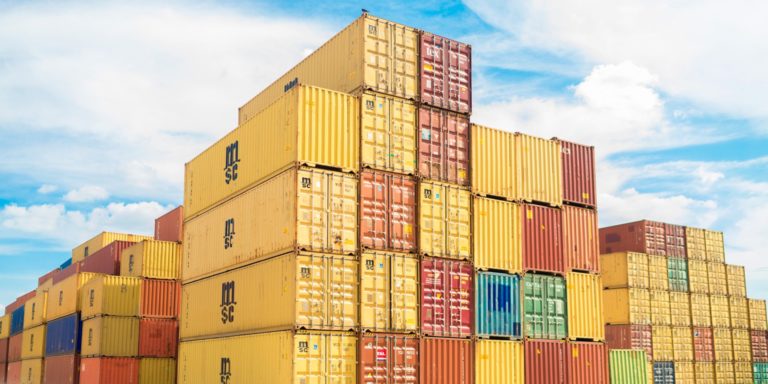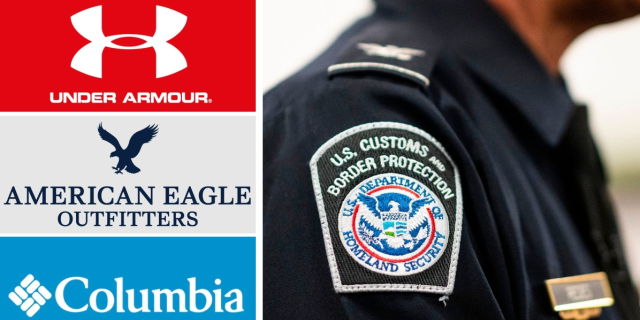Forced Labor
Workers in global supply chains face exploitative working conditions and practices, including sub-poverty wages, violence and harassment, unsafe working environments, long hours of work, discrimination, surveillance, and suppression of their rights to collectively organize, among others. These conditions—common across garment producing countries and directly linked to international corporations’ purchasing practices—contribute to forced labor. Globally, at least 27 million people are in forced labor situations. The International Labour Organization’s (ILO) Forced Labor Convention (Convention 29) defines forced labor as any work imposed on a person through threat of penalty.
The ILO provides a set of 11 indicators of forced labor representing the most common clues signaling possible forced labor situations. These indicators, which are also utilized by the US government agencies responsible for forced labor policy enforcement, speak to how certain conditions at work can lead to more severe exploitation and forced labor. By responding to worker complaints at individual factories and assessing the possible violations from a holistic approach, the WRC has identified cases of forced labor and severe exploitation in companies’ global supply chains, for example at Aseel Universal Garments and Fine Apparel in Jordan, pressing corporations to take immediate action to remedy the violations at their supplier factories.
At Aseel Universal Garments, the WRC found that the company closed without paying the mainly migrant workforce their wages, severance, and terminal benefits. When workers protested the nonpayment of their wages, Aseel shut down its operations, resulting in workers living in substandard accommodations with little food and facing fines and deportation by the Jordanian authorities, because their employer failed to renew their work permits. These conditions indicate the presence of several indicators of forced labor, including poor living and working conditions, confiscation of workers’ passports, isolation, use of workers’ vulnerability as migrant workers in irregular status by the employer to ignore legal obligations, and nonpayment of wages and severance.
The WRC has also addressed state-imposed forced labor. Since an investigation into Hetian Taida Apparel beginning in late 2018, the WRC has been engaged on the issue of Uyghur forced labor.
The WRC is a member of the Tariff Act Advisory Group (TAAG), a coalition of nongovernmental organizations dedicated to effective enforcement from a worker-centered perspective under Section 307 of the Tariff Act, and a steering committee member of the Coalition to End Forced Labour in the Uyghur Region.



Thai El Monte Garment Workers Inducted into US Labor Hall of Honor